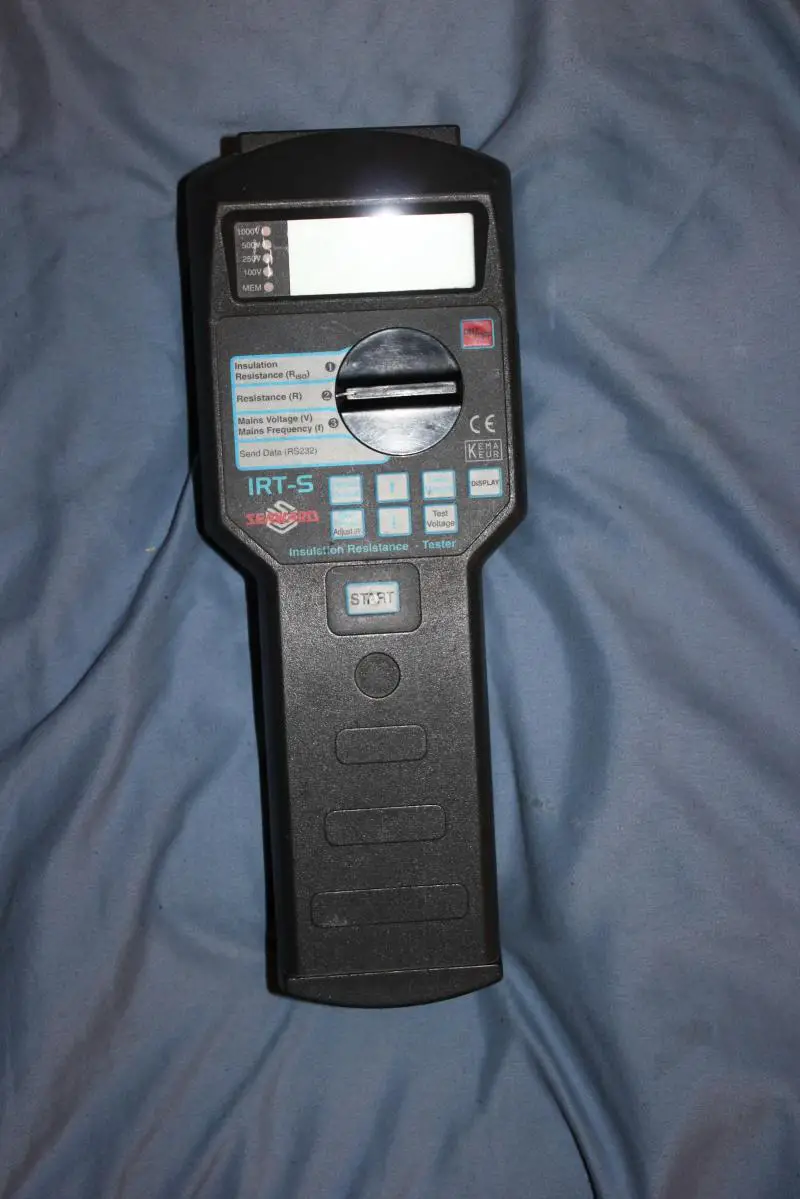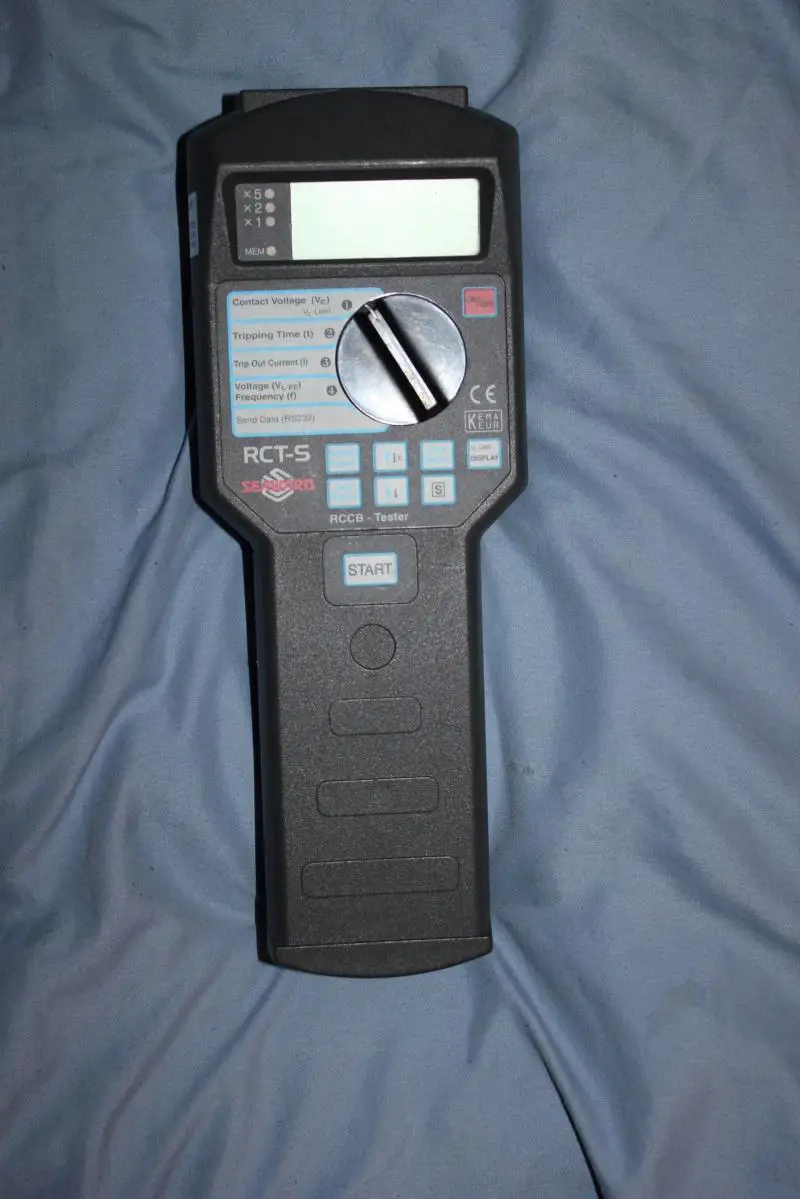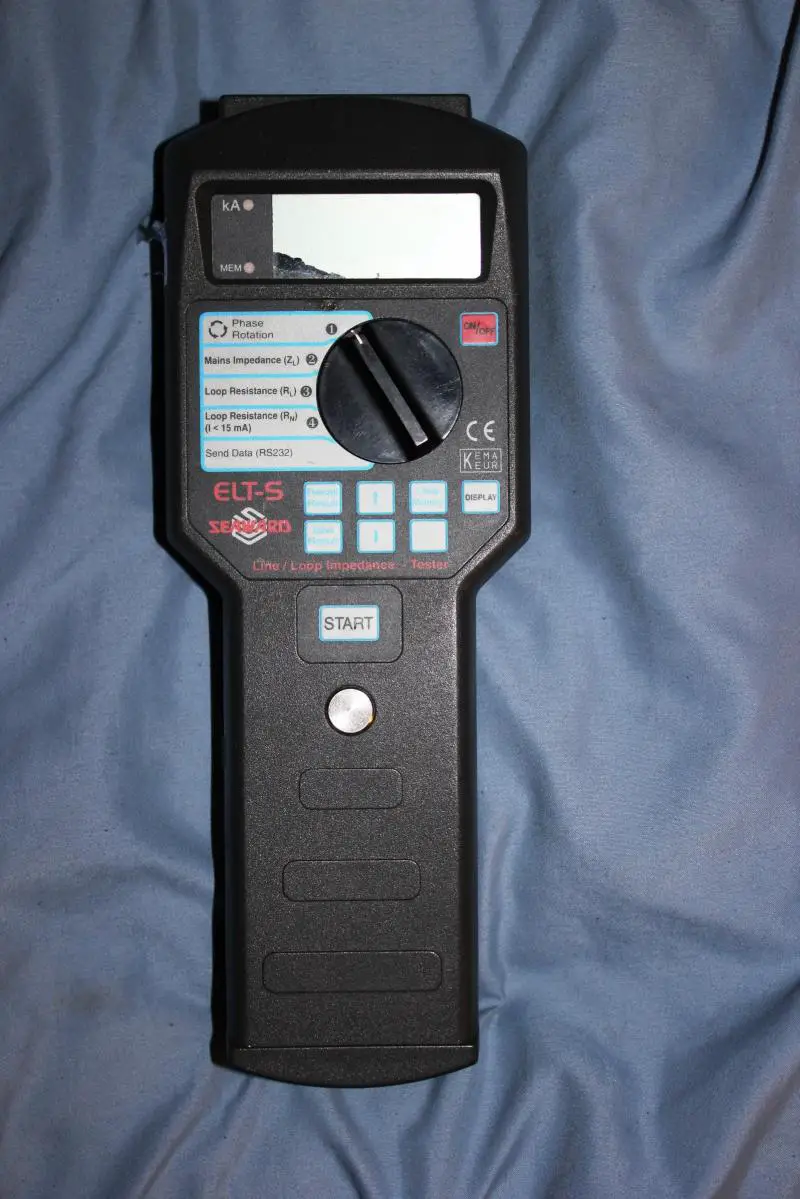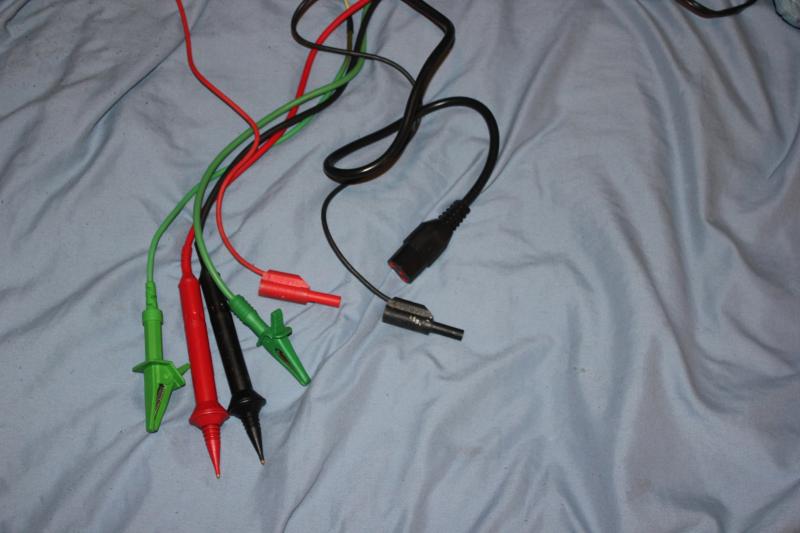I thought you meant something that I would call a decade resistance box, obviously not as simple resister type boxes do not plug into the mains.
Well, the resistance part of it doesn't have to be all that different from a 'decade resistance box', but it really just needs a few very low and a few very high resistors (alone or in combination). The low value ones are only used when testing the 'continuity' range of a meter, and that uses low voltage.
The checkbox plugs into a non-RCD socket in your house
I don't have any non RCD protected sockets (or any circuits for that matter) and thus would have to either tap in before the RCD or use a isolating transformer to create a independent earth if suitable. Any other solution????
If the meter your testing is capable of measuring an EFLI on the circuit (in either 'trip' or 'non-trip'mode), the method described by BAS can be used whether the circuit is RCD-protected or not.
You must get them calibrated - no point having them if you don't know they work
As I said, I won't be using them for other people or regularly as a active electrician would. Calibration is not to see if they work, but to *tune* them to display the true and accurate value of what is being measured.
That's true, and if the measurements are credible,it may suit your purpose. If you cannot afford formal calibration, you could try to find an electrician who would allow you to compare results with his/her and your meters, to make sure that they are at least similar.
Also to calibrate the RCD, can't you compare the trip time displayed by the RCD tester against another time based measurement source such as an oscilloscope.
You probably could (provided the scope wasn't being powered by the circuit you were testing/tripping

) - and that might even be how they calibrate them. However, a 'scope is not something which most electricians, and probably even fewer electrical DIYers, have!
And how about self calibrating instruments if such things exist.
I don't know whether such things exist (some certainly have a degree of 'self-testing') but, even if they did, they would have to be periodically calibrated against something independent, since even the 'self-calibration' could become faulty!
Kind Regards, John





